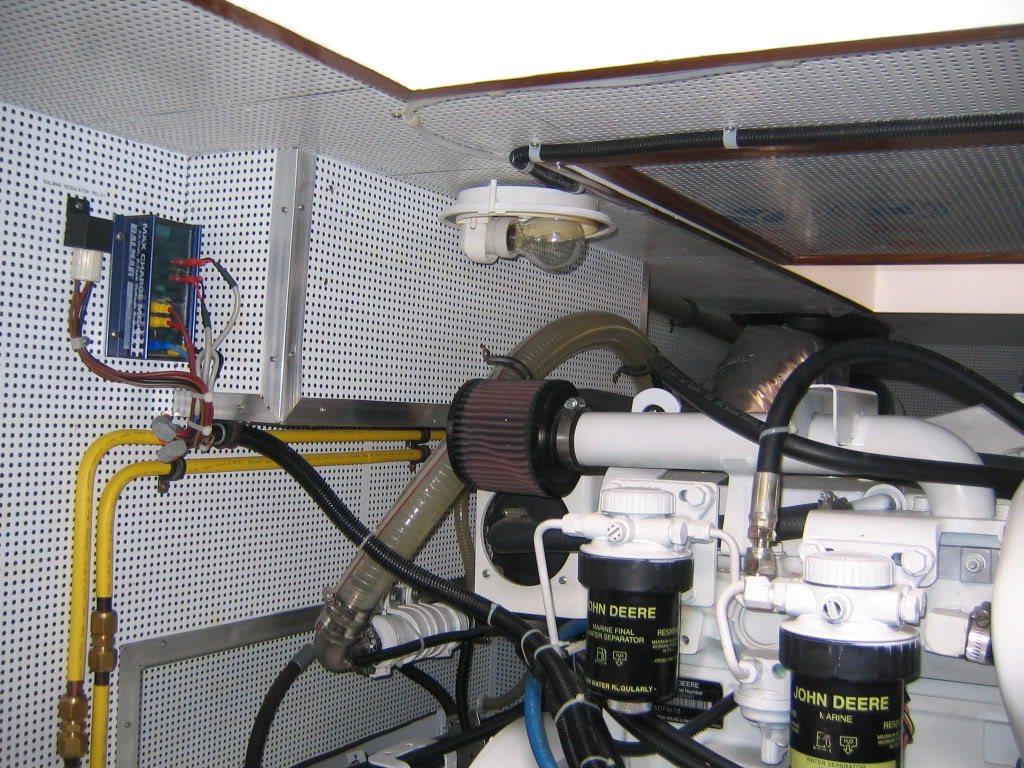Since you have already bought the boat and are just now questioning the fuel and the fuel system, I would take a few steps back and review the survey. Did your surveyor inspect the tanks and sample the fuel? If he didn't you should now. Is there any water in the bottom of the fuel tanks? What is the ph of the fuel? Any bacterial growth? Any tank corrosion issues? How are the primary filters age and hours? Any water in the bowls? If so better pull the injectors and inspect the tips for corrosion. Polishing? Yes, I would do so with those 2 micron filters. As far as vacuum gauges go, the only reliable readings happen at wot, by then, if you have a problem, it's probably too late. Whatever fuel filtration system you have on this engine is designed to work as a complete system. Using a 2 micron primary filter in a system that was designed for a 30 with a 10 micron secondary is going to cost you way more than a case of 2 micron filters. Also the primary and secondary filters should be changed annually at a minimum and additionally as recommended by the manufacturer. Change the air filters too while you are at it, diesels really only need clean air and clean fuel to keep everyone happy. Now get out there and run that girl and have some fun.

